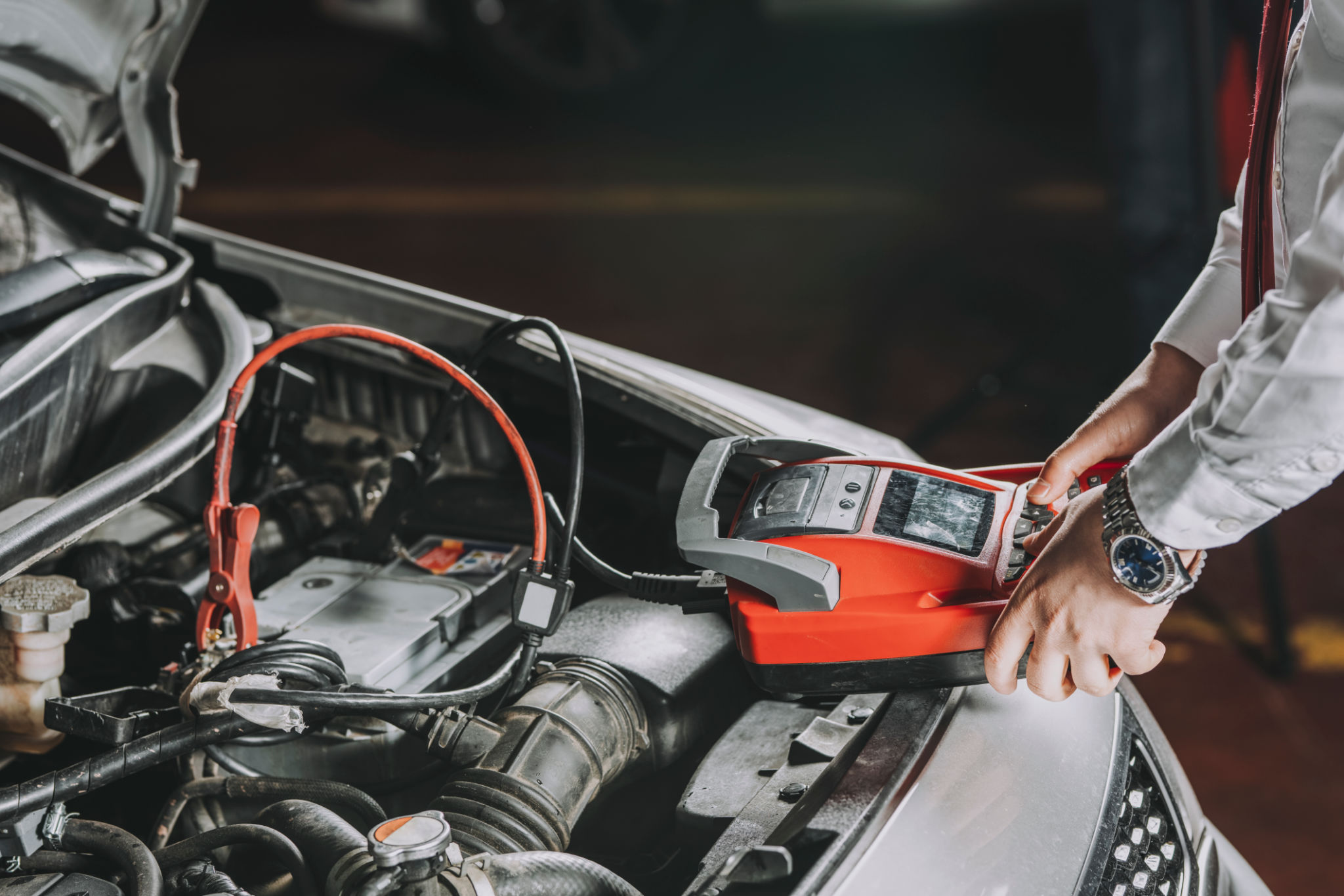DIY Fleet Maintenance Tips: What You Can Do Before Calling the Pros
Introduction to DIY Fleet Maintenance
Maintaining a fleet of vehicles can be a daunting task, especially when costs start piling up. However, there are several maintenance tasks that you can handle yourself before calling in the professionals. By taking a proactive approach to fleet maintenance, you can save both time and money, and ensure that your vehicles remain in top shape for longer periods.

Regular Visual Inspections
One of the simplest yet most effective ways to keep your fleet in good condition is through regular visual inspections. Check for any obvious signs of wear and tear, such as cracks in the tires, fluid leaks, or rust spots. These inspections can help identify potential issues before they become major problems.
Tire Checks
Tires are one of the most critical components of any vehicle. Make sure to check the tire pressure regularly and look for any signs of uneven wear or damage. Properly inflated and well-maintained tires not only ensure safety but also improve fuel efficiency.
Fluid Level Checks
Fluids play a vital role in the smooth operation of any vehicle. Regularly check the levels of essential fluids like engine oil, coolant, brake fluid, and transmission fluid. Low fluid levels can lead to serious mechanical failures, so it's important to top them up as needed.

Oil and Filter Changes
Consistent oil changes are crucial for the health of your fleet's engines. You should aim to change the oil and replace filters according to the manufacturer's recommendations. Fresh oil reduces friction and wear on engine components, enhancing performance and longevity.
Battery Maintenance
A dead battery can leave your vehicle stranded and disrupt your operations. Regularly inspect the battery terminals for corrosion and ensure they are tightly secured. It's also a good idea to test the battery's charge periodically to avoid unexpected failures.

Brakes and Lights Inspection
The braking system is another critical area that requires regular attention. Listen for any unusual sounds when braking and check the brake pads for wear. Additionally, ensure that all lights, including headlights, brake lights, and indicators, are functioning correctly for safe driving conditions.
Emergency Supplies
Equip each vehicle with an emergency supply kit that includes items like jumper cables, a tire jack, and first aid supplies. Being prepared for unexpected situations can prevent minor issues from becoming major setbacks.
Conclusion: When to Call the Pros
While there are many maintenance tasks you can handle yourself, it's important to recognize when a problem is beyond your expertise. Complex issues, such as electrical faults or transmission problems, often require professional attention. By taking care of routine maintenance yourself, you can minimize downtime and ensure that your fleet operates efficiently.
